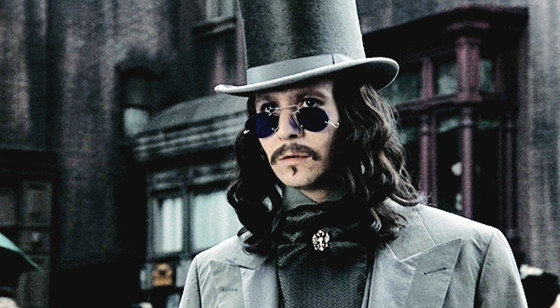
From the very first days of silent films, movies were paired with music. Studios realized that in employing a cinematic score, they could illicit a stronger emotional response from the viewer. This have given rise to an industry of film score composers and orchestras. A score is also a basic concept of modern film theory. Soundtracks have now become so ingrained in her consciousness that they are often indistinguishable from their films.
In an age of heightened cinematic intensity, Soundtracks often slip under the radar, counteracted by the powerhouse acting or special effects. A soundtrack that seamlessly complements a film is a rare and special cinematic experience. Even rarer, is a soundtrack that so severely outshines the film that it either becomes detached from the film, or simply exposes the contrast of quality. These are ten soundtracks that are way better than the films.
10. Saturday Night Fever
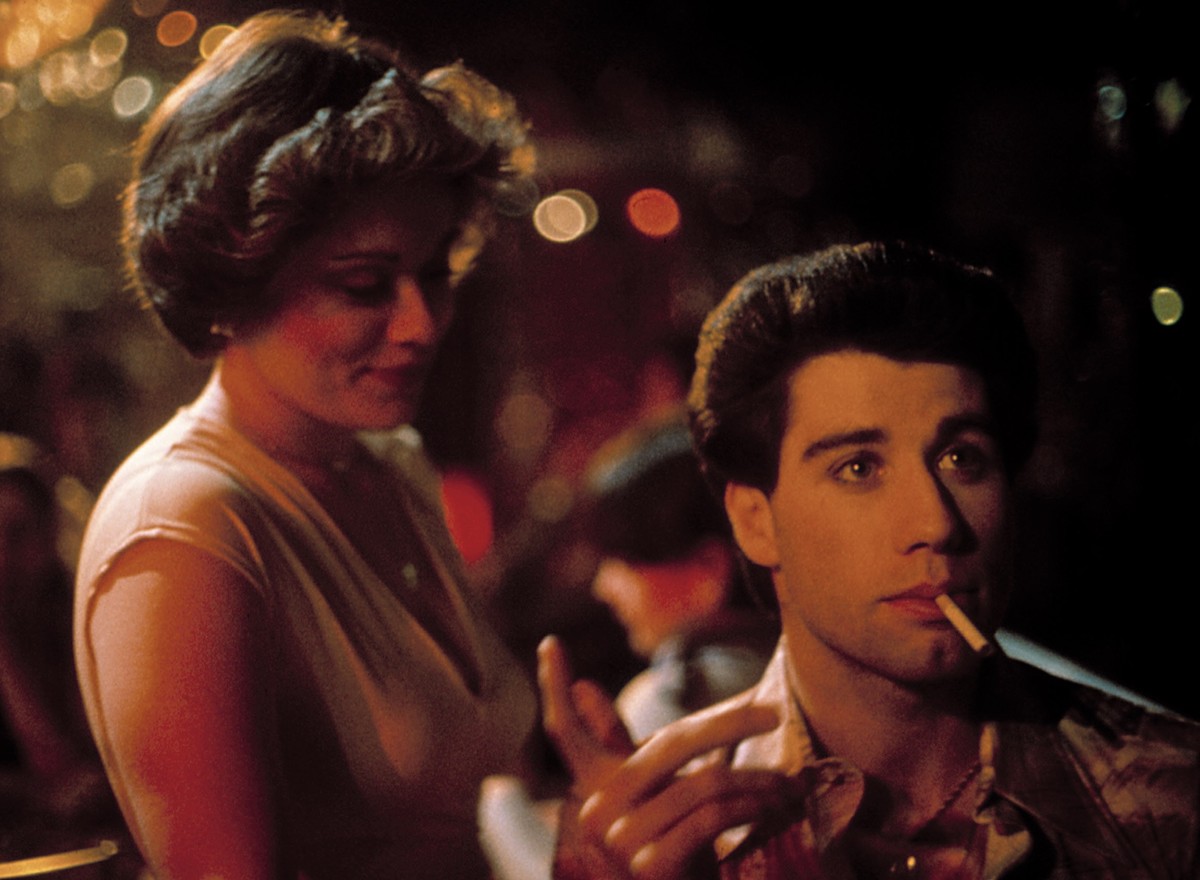
Saturday Night Fever is one of those films that has been sanctified as a classic and therefore has escaped a certain degree of critical scrutiny. The film itself was made on a thin, and technically weak plot structure, and features generally uninventive technique. John Travolta’s oscar-nominated turn garnered the film enough momentum to achieve a positive reception, but the heart of the film is the Bee Gee’s immortal soundtrack.
The Bee Gee’s were experiencing a wind-down in their popularity when they contributed the score for Saturday Night Fever. Debuting previously unheard songs in the film. The tunes themselves have unquestionably gained a longer life-span, and continue to be played in reference to Saturday Night Fever, as oppose to the reverse. This, and their continued popularity, has undeniably cemented the soundtrack into the pantheon of movie music.
9. The Passion of the Christ
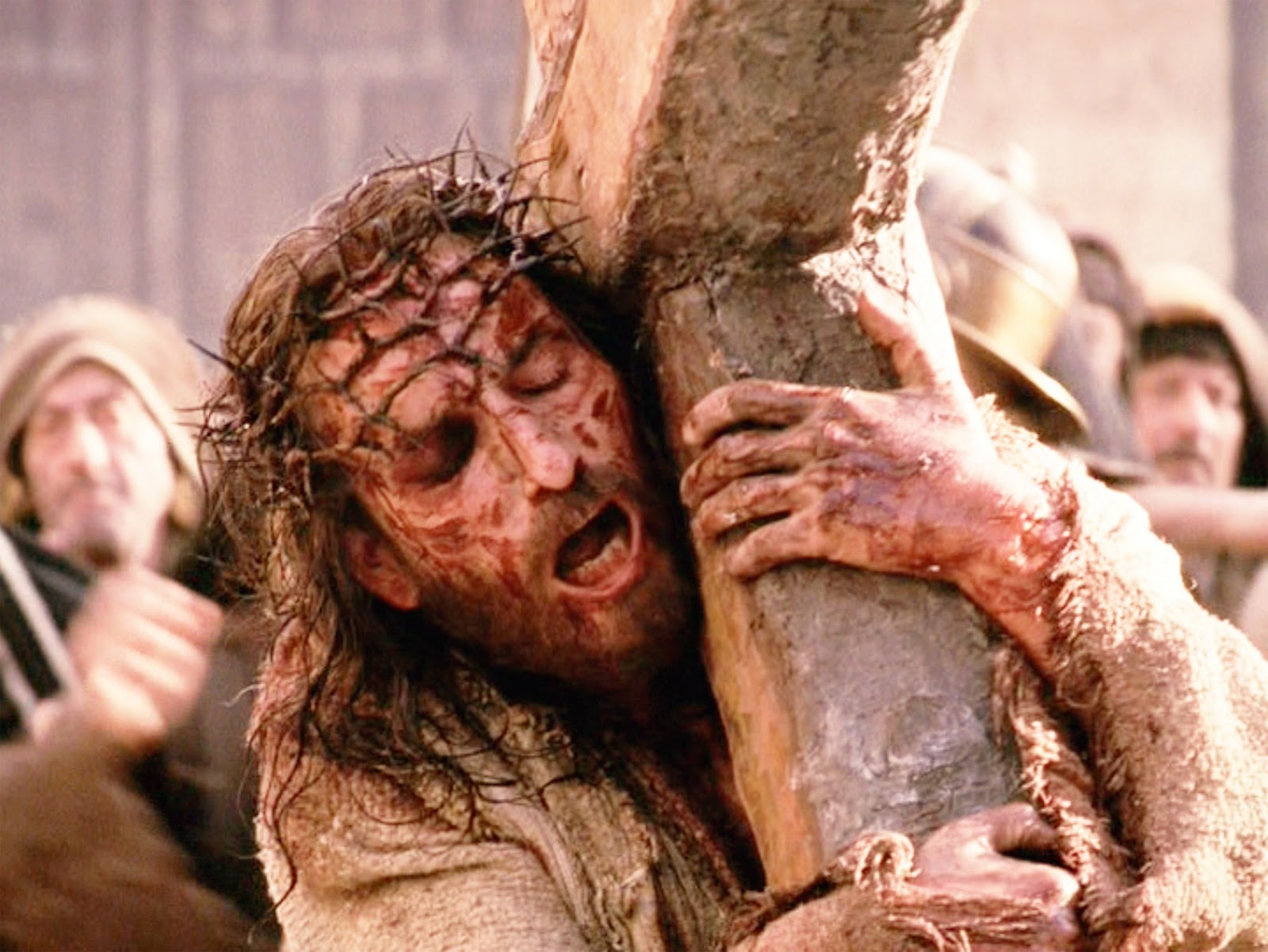
Mel Gibson’s visceral and gory epic recounting the last days of Jesus, was made in 2004 shortly after his acting work in the Patriot, and his oscar sanctified success with Braveheart. The film was heavily criticized as being commercialized, irreverent and excessively violent. Despite a notably more positive slant from the New York Times, and Roger Ebert, it went down as a controversial feature, partly due to Gibson’s subsequent and widely publicized antisemitic comments.
Listening to John Debney’s score for the film, it is clear that the a serious amount of personal passion was inherent in its creation. John Debney, who has worked in a wide variety of genres, studio labels, and directors, has always been a respected composer, though has never risen to a hollywood legend with the likes of Howard Shore, and James Horner.
The score of The Passion of the Christ employs a rich array of Middle-Eastern harmonics, scalar percussion, and moving choral vocals. The powerful, eastern tinge clearly transcends the shallow nature of the film, and stands alone as a coherent and beautiful work of music.
8. Batman Forever
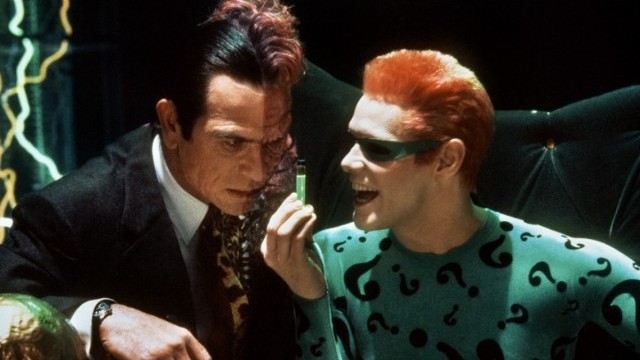
Joel Schumacher nearly sounded the death knell for the Batman Franchise, when this horribly executed action film hit theaters in 1995. Featuring a series of half-hearted and excruciating performances by Jim Carrey and Val Kilmer. The plot, unrecognizable from the comics is lost amidst the dull-witted writing and direction.
A sad attempt from the man who would later pen “A Beautiful Mind,” the film’s screenplay features senseless and thinly spread dialogue that fails to produce tension or warrant any emotional response from the viewer.
In comparison, the soundtrack, which features a medley of pop hits as well as an undercurrent by Elliott Goldenthal, is quite decent. A cast of pop stars such as Nick Cave and Seal supply an eclectic tempo for the film’s nonstop action. Listening to the soundtrack on its own, brings to light its blatant superiority to its cinematic counterpart, as well as its sheer musical quality.
7. Lemony Snicket’s A Series of Unfortunate Events
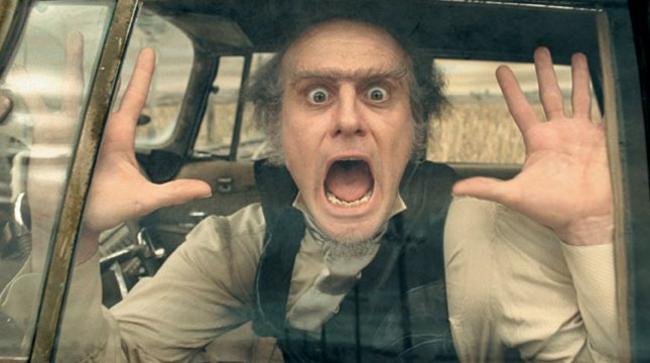
Lemony Snicket’s A Series of Unfortunate events was a 2004 film based on the book series of the same title. It was directed by Brad Silberling and starred Jim Carrey at his most eccentric and theatrical. The film attempted to condense a 13 part series into one feature length film, and so left a few awkward gaps and mismatched story arcs and resolutions in the plot. Despite the always spectacular Timothy Spall, and the cinematography of “Chivo,” Emmanuel Lubeski, the film failed to achieve any serious recognition.
Hitting theaters in 2004, the film received moderate reviews, neither pinning it as totally good, or bad. The film did however receive a solitary oscar nomination for the soundtrack, but was beat out by Finding Neverland.
Thomas Newman composed a highly unusual, and nontraditional score that incorporated brass timpany, strings, and a delicate piano. The score is conducted in such a way that it brings the whimsical and macabre charm of the novels to screen and your ears, in a far better way than the film did on its own. As a separate piece of music, the soundtrack’s quirky, inventive force of personality, highlights the brilliance of the novels in a way the film itself never did.
6. The Mission
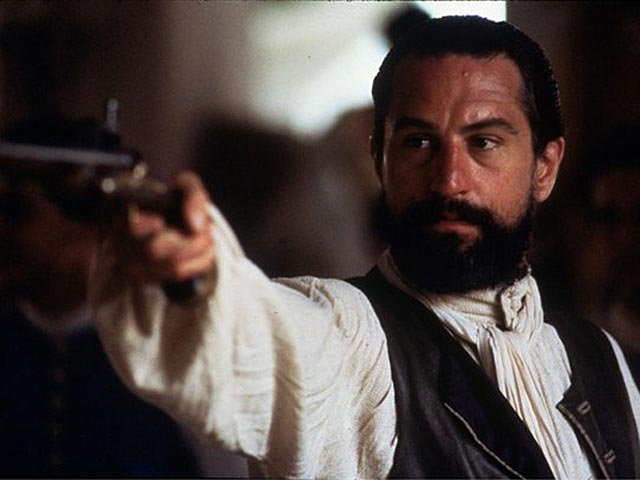
The Mission is a film that ended up not stringing together as a cohesive or believable narrative. Attempting to encompass an epic transcendent story, with poor writing, and second-rate acting. The Mission is another story culturally appropriated and told through a white-man’s eyes, similar to Spielberg’s subsequent Amistad.
In 1984, Roland Joffe set out the make a truly ambitious film, that would bring the life a story of colossal historical magnitude as well as symbolic and cultural significance. The screenplay, written by British playwright, Robert Bolt, and adapted from his book by the same name failed to translate well to the screen and produced an awkward scenic structure. The film didn’t come through to the scope it was intended for, making it unwieldy, and unwatchable.
Ennio Morricone is cemented in history as perhaps the most revered score composer of all time. Having produced the scores to such classics as: The Good, the Bad, and the Ugly, A Fistful of Dollars, and Cinema Paradiso, his wide array of work is unmatched in the field.
The moving reverie of strings, flutes and woodwinds he brings to The Mission ultimately delivers the soaring and epic transcendency the film itself was originally trying to achieve; It was included in AFI’s top 100 Music in the Movies, and is far superior as a creative piece.